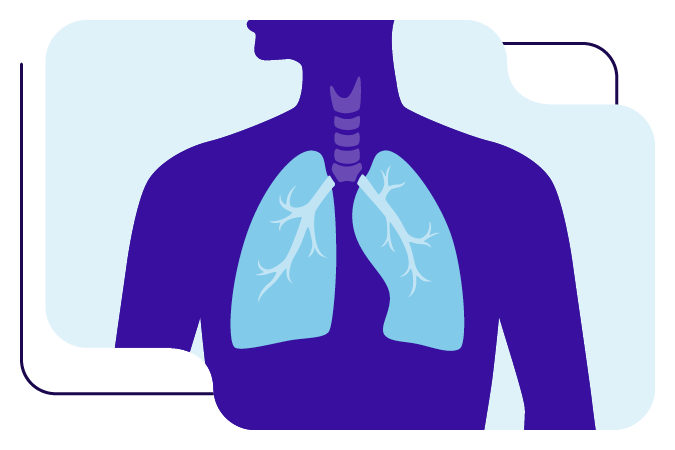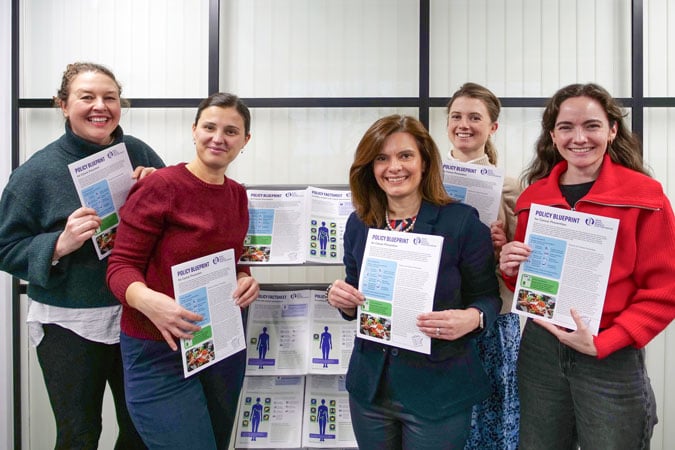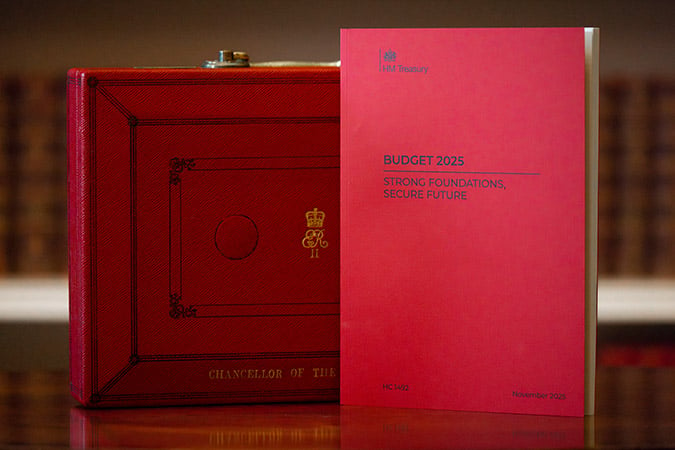Lung cancer statistics
Lung cancer is the most common cancer worldwide. It is the most common cancer in men and the 2nd most common cancer in women.

On this page
Latest lung cancer data
There were 2,480,675 new cases of lung cancer in 2022. The tables below give information about the countries with the highest rates, incidence and mortality from lung cancer.
Lung cancer incidence (cases)
China, the US and Japan had the highest number of lung cancer cases in 2022.
The following 3 tables show the 10 countries with the highest lung cancer incidence in 2022 – 1st for both sexes, then men and women separately. We have also included the age-standardised rates (ASR)* for each of these countries.
| Rank | Country | New cases | ASR/100,000 |
|---|---|---|---|
| World | 2,480,675 | 23.6 | |
| 1 | China | 1,060,584 | 40.8 |
| 2 | US | 226,033 | 31.9 |
| 3 | Japan | 136,723 | 30.5 |
| 4 | India | 81,748 | 5.8 |
| 5 | Russia | 70,362 | 26.0 |
| 6 | Germany | 62,025 | 28.1 |
| 7 | UK | 50,700 | 30.1 |
| 8 | France (metropolitan) | 49,613 | 35.9 |
| 9 | Brazil | 44,213 | 14.6 |
| 10 | Italy | 43,808 | 24.6 |
| Rank | Country | New cases in men | ASR/100,000 |
|---|---|---|---|
| World | 1,572,045 | 32.1 | |
| 1 | China | 658,722 | 52.0 |
| 2 | US | 112,343 | 33.7 |
| 3 | Japan | 95,740 | 47.2 |
| 4 | India | 58,970 | 8.5 |
| 5 | Russia | 56,078 | 52.4 |
| 6 | Germany | 36,871 | 35.2 |
| 7 | Türkiye (Turkey) | 33,089 | 68.0 |
| 8 | France (metropolitan) | 32,812 | 49.0 |
| 9 | Indonesia | 29,107 | 21.3 |
| 10 | Italy | 28,450 | 34.5 |
| Rank | Country | New cases in women | ASR/100,000 |
|---|---|---|---|
| World | 908,630 | 16.2 | |
| 1 | China | 401,862 | 30.3 |
| 2 | US | 113,690 | 30.4 |
| 3 | Japan | 40,983 | 15.8 |
| 4 | Germany | 25,154 | 22.0 |
| 5 | UK | 24,989 | 28.5 |
| 6 | India | 22,778 | 3.2 |
| 7 | Brazil | 19,409 | 11.7 |
| 8 | France (metropolitan) | 16,801 | 24.7 |
| 9 | Italy | 15,358 | 16.2 |
| 10 | Canada | 15,257 | 30.4 |
Lung cancer age-standardised rates
*Age-standardised rates (ASR) are a summary measure of the rate of disease that a population would have if it had a standard age structure. Standardisation is necessary when comparing populations that differ with respect to age because age has a powerful influence on the risk of developing/dying from cancer.
It is important to note that some countries have a high ASR but a low total number of cases, while others have a low ASR but a high number of cases. This is because ASRs are reported per 100,000 people. So, for example, an ASR of 10 in a population of 100,000 = 10 cases of cancer, but an ASR of 1 in a population of 10 million = 100 cases.
The following table gives the top 5 countries by ASR for lung cancer incidence for both sexes combined.
| Country | New cases 2022 | ASR |
|---|---|---|
| Hungary | 9,911 | 47.6 |
| New Caledonia | 170 | 41.8 |
| China | 1,060,584 | 40.8 |
| Serbia | 6,879 | 40.4 |
| French Polynesia | 154 | 40.0 |
The following tables give the top 5 countries ASR for lung cancer incidence for men and women in 2022.
| Country | New cases in men | ASR |
|---|---|---|
| Türkiye (Turkey) | 33,039 | 68.0 |
| Hungary | 5,706 | 64.4 |
| Serbia | 4,669 | 59.6 |
| Bosnia Herzegovina | 1,862 | 59.5 |
| New Caledonia | 115 | 59.3 |
| Country | New cases in women | ASR |
|---|---|---|
| Hungary | 4,205 | 35.0 |
| Denmark | 2,565 | 34.4 |
| Netherlands | 7,013 | 33.9 |
| Canada | 15,257 | 30.4 |
| Ireland | 1,529 | 30.4 |

Sign up to hear more from us
Get the latest cancer prevention-related news and updates straight to your inbox
Lung cancer deaths
China, the US and Japan had the highest number of deaths from lung cancer in 2022.
The following 3 tables show the 10 countries with the highest number of lung cancer deaths in 2022 – 1st for both sexes, then men and women separately. We have also included the ASRs for each of these countries.
| Rank | Country | Number | ASR/100,000 |
|---|---|---|---|
| World | 1,817,469 | 16.8 | |
| 1 | China | 733,291 | 26.7 |
| 2 | US | 127,653 | 16.6 |
| 3 | Japan | 83,243 | 14.2 |
| 4 | India | 75,031 | 5.3 |
| 5 | Russia | 51,887 | 18.6 |
| 6 | Germany | 47,731 | 21.4 |
| 7 | Türkiye (Turkey) | 38,505 | 35.1 |
| 8 | Brazil | 38,292 | 12.5 |
| 9 | France (metropolitan) | 36,876 | 24.2 |
| 10 | Italy | 35,668 | 18.0 |
| Rank | Country | Number in men | ASR/100,000 |
|---|---|---|---|
| World | 1,233,241 | 24.8 | |
| 1 | China | 515,909 | 39.5 |
| 2 | US | 66,846 | 19.0 |
| 3 | Japan | 56,905 | 22.7 |
| 4 | India | 54,220 | 7.8 |
| 5 | Russia | 41,249 | 38.1 |
| 6 | Türkiye (Turkey) | 32,119 | 66.3 |
| 7 | Germany | 29,018 | 27.4 |
| 8 | Indonesia | 25,589 | 19.0 |
| 9 | France (metropolitan) | 24,829 | 35.1 |
| 10 | Italy | 23,608 | 25.9 |
| Rank | Country | Number in women | ASR/100,000 |
|---|---|---|---|
| World | 584,228 | 9.8 | |
| 1 | China | 217,382 | 14.7 |
| 2 | US | 60,807 | 14.7 |
| 3 | Japan | 26,338 | 7.1 |
| 4 | India | 20,811 | 2.9 |
| 5 | Germany | 18,713 | 16.1 |
| 6 | UK | 16,855 | 17.4 |
| 7 | Brazil | 16,777 | 9.9 |
| 8 | Italy | 12,060 | 11.6 |
| 9 | France (metropolitan) | 12,047 | 14.8 |
| 10 | Canada | 11,011 | 19.1 |

More about lung cancer
What is lung cancer? Find out how common it is, the causes, and expert advice on how to reduce your risk



